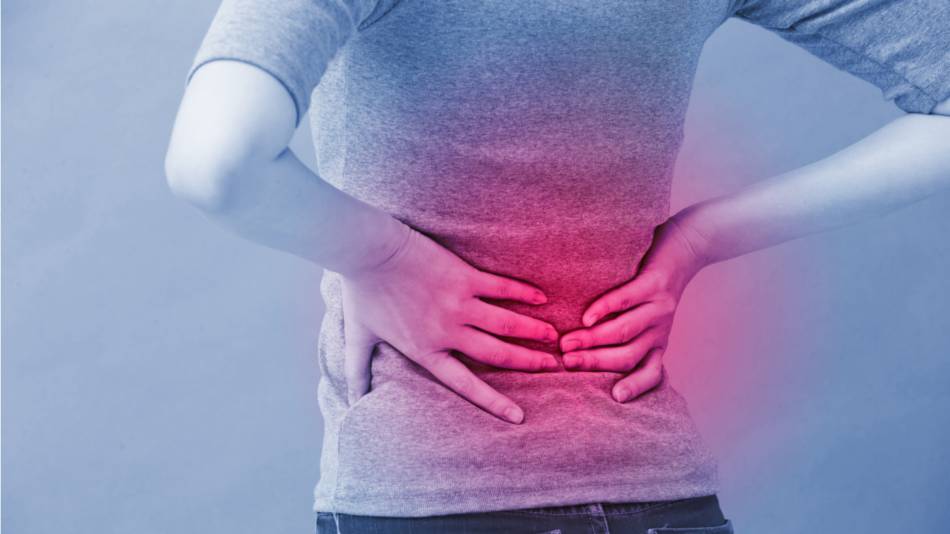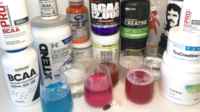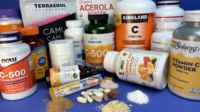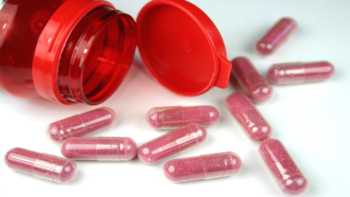Our Members Asked:
My doctor told me to stop taking supplements because my kidney function was low. After stopping, my kidney function returned to normal. Can taking a lot of supplements really damage the kidneys?

Answer:
The effect of supplements on kidney health depends, in part, on an individual's underlying health issues, and which supplements are taken. However, there are reports of certain supplements causing kidney problems. A 2012 review of supplement-induced kidney dysfunction lists 15 herbs and supplements reported to have caused kidney problems, including chromium, creatine, licorice, willow bark, vitamin C and yohimbe (Gabardi, Clin J Am Soc Nephrol 2012).
In diabetes patients with advanced kidney disease, high daily doses of B vitamins (folate, B6 and B12) were found in one study to worsen kidney function and double the risk of heart attack stroke and death (see the Cautions section of the B Vitamins Review for more information).
If you are on an immunosuppressive drug, taking very large amounts of turmeric/curcumin may lead to kidney damage -- possibly due to reduced metabolism of the drug).
The National Kidney Foundation advises people with kidney disease, people who are on dialysis, and people who have received a kidney transplant to avoid all herbal supplements, and provides a list of supplements that may be the most harmful. The foundation also warns that some minerals, like potassium, may be present in supplements in which you may not expect them, like turmeric rhizome, evening primrose, noni and garlic leaf can all contain potassium.
Minerals such as potassium, calcium, magnesium and phosphorus, have the potential to affect kidney function. People with chronic kidney disease who are advised to consume a low-phosphorus diet should be aware that phosphorus is commonly included in multivitamins.
Heavy metal contamination from supplements is another potential cause of kidney problems (Gabardi, Clin J Am Soc Nephrol 2012). Long-term exposure to excessive cadmium (which accumulates in kidneys), for example, can cause irreversible kidney damage and may also weaken bones. ConsumerLab.com has reported surprisingly high concentrations of cadmium in some popular cocoa powders. To avoid unnecessary exposure, it's best to use supplements that have been tested by an independent testing organization, like ConsumerLab.com, to be sure that a supplement does not exceed heavy metal limits.
Also see our article about supplements, foods and beverages that may increase or decrease the risk of kidney stones.
Join today to unlock all member benefits including full access to all CL Answers and over 1,400 reviews.
Join NowAlready a member? Sign In Here.
Join now at www.consumerlab.com/join/





















Submit your comment
This feature is restricted to active members.
Join now to add comments and get all member benefits, including over 1,400 reviews.
Join NowAlready a member? Sign in here.